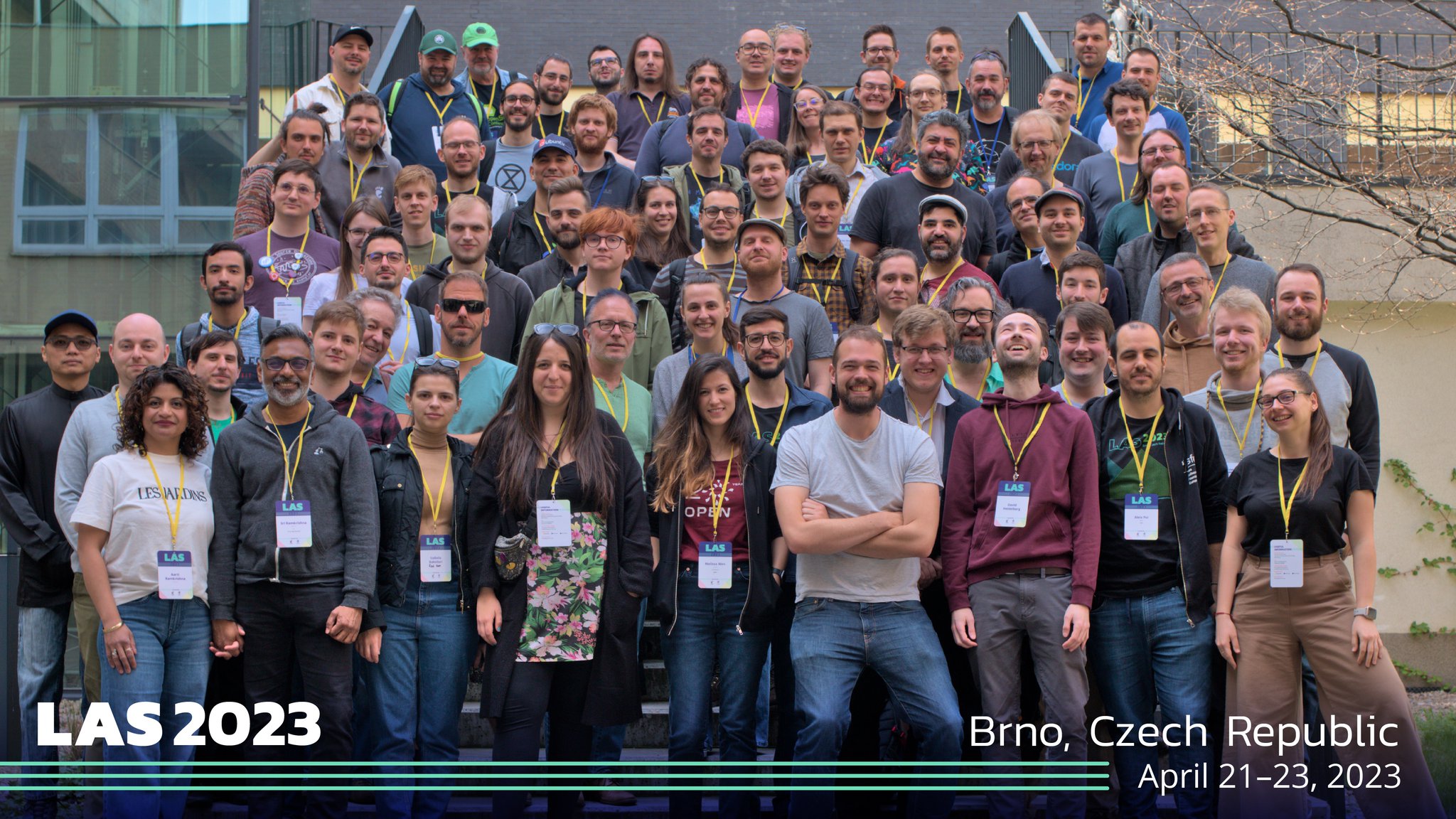-
So I bought a new laptop for 200€

It’s amazing that ChromeOS can provide a desktop environment that doesn’t freeze on such low specs… and also delivers an almost complete Debian experience.
-
Linux Application Summit 2023 – A view from the sidelines…

Let’s start from the beginning – what Is Linux Application Summit? Like the name suggests, it’s a conference, or rather a meet-up of a variety of Linux software groups, teams and individual creators. Most important of all, it’s a joint effort by two large projects – KDE and GNOME. It represents a truth, not many…
-
Lords of Tech 4: Resurrections

If you’ve visited this blog in the past, you may have noticed that we are two guys writing about very different topics. Dugi usually writes about his C++ expertise, while I used to do more general-oriented posts, distro reviews mostly. I also haven’t been feeling like writing much in the past two years, as I…
-
Emergency recovery of a shared web and mail hosting VPS [Case Study]
![Emergency recovery of a shared web and mail hosting VPS [Case Study]](https://lordsoftech.com/wp-content/uploads/2021/10/photo_2021-10-02_16-20-26.jpg)
A small side-effect of my community and blogging work is, that I occassionaly (a few times per month) have people reach out to me asking for advice on a variety of topics, or for help if they are in a pickle. The lastest case was a guy from Czechia (Let’s call him Mr. D), asking…
-
Setting up a VPS for several small e-commerce businesses (part 1)

Over the years, I’ve had the opportunity to set up a few websites, both static and dynamically generated. A few years ago, I’ve settled on Wordpress as my default choice, initially simply building up sites from themes and plugins, until I bit the bullet and started adding my own snippets of PHP and later building…
-
ElementaryOS 6 Odin

Since I haven’t written anything in a while, much less a comprehensive distribution review, a little updated background info is in order. In past years, I’ve toned down my “Linux on everything” push and went slightly more practical in my day-to-day life. I probably will write a short story on my transformation from an obsessed…
-
The Sisyphean task of enabling Adobe Flash Player in a modern QT/Chromium based web browser

Prologue and motivation A part of my PhD. research deals with computer science as a source of innovative ways to improve education in Slovakia. My approach is mostly throwing eye-tracking at every problem and see where it sticks. The trouble with eye-tracking as a research method is, you often find yourself spending much more time…
-
Adding OpenCV libraries to a QT5 project in Ubuntu 20.04

I’ve recently gained interest in OpenCV. The problem with this is, that in most modern tutorials and walkthroughs it seems like the go-to language for working with this C-library is Python. I have an unreasonable antipathy towards this snake of a language and although I intend to fight through it some day in the future,…
-
Ubuntu 20.04 Focal Fossa Mega Review – A complex look at the state of Ubuntu

As somebody who’s always had Ubuntu in his daily life for the past 13 years, I sometimes find it hard to differentiate between all the versions. I do appreciate the progress though, albeit I’ve felt like the direction Ubuntu was taking was going to force me to abandon it eventually. Lately, though, I’ve enjoyed the…
-
elementary OS 5.1 Hera

When I received the newsletter letting me know that in just a few days, there would be a new point release of elementary OS, I’ve had mixed feelings. I was happy that the project I find very endearing is chugging along nicely, but I knew it would be a tough review to write. The problem…
